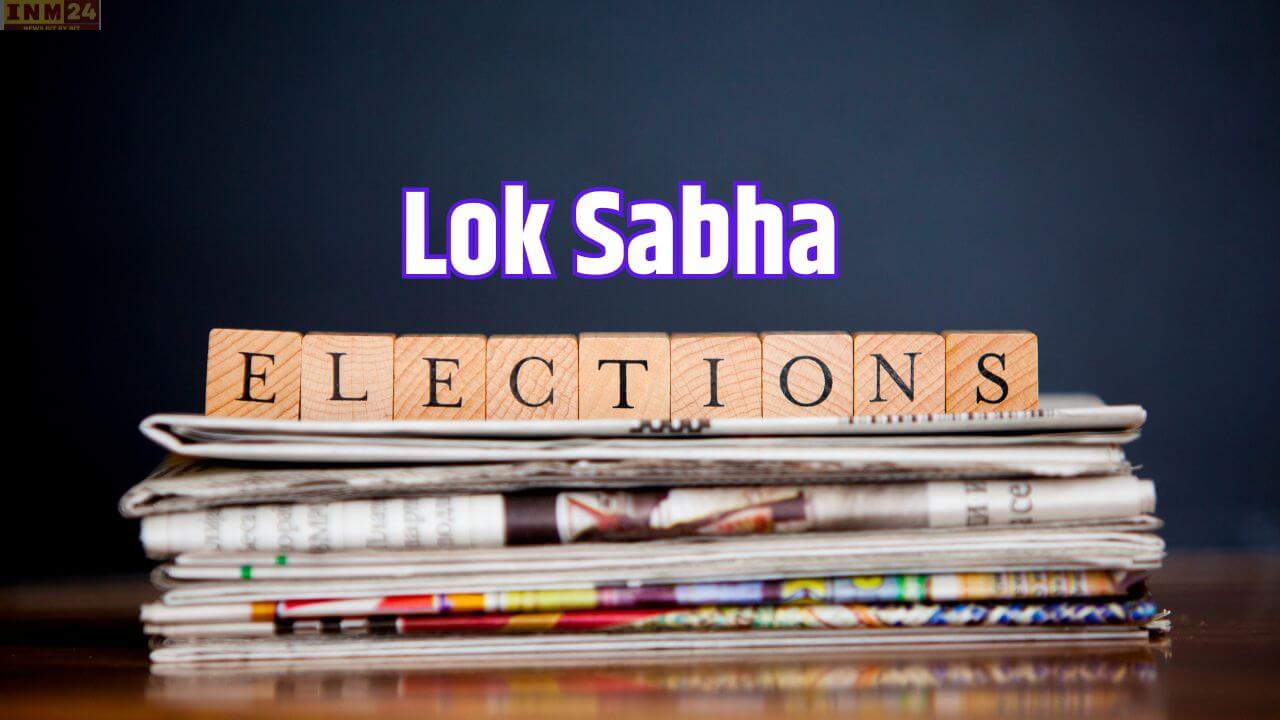With the Lok Sabha elections approaching in the country, various questions arise in the minds of the people regarding the elections. Today, we aim to address one such question in this news piece.
When gold and alcohol are confiscated, where do they go?
During elections, the Election Commission issues several directives to ensure peaceful and impartial conduct of the elections. One such directive pertains to the seizure of cash and alcohol that are used in violation of the rules. When the Model Code of Conduct is in effect, illegal items or banned substances are closely monitored, and if found in possession, they are confiscated. However, many people wonder about the fate of these confiscated items.
To simplify, once cash is seized during the enforcement of the Model Code of Conduct, it is handed over to the Income Tax Department. In essence, it is deposited back into the government treasury. After confiscation, if no one claims ownership of the seized cash, it is deposited accordingly.
Similarly, confiscated gold is also deposited into the government treasury. This ensures that the seized items are not misused and are returned to the official government channels.
What happens to confiscated alcohol?
According to information, when alcohol is seized during the enforcement of the Model Code of Conduct, all confiscated alcohol is collected in one place by the Election Commission. Subsequently, all collected alcohol is destroyed together. Essentially, during elections, a significant amount of alcohol is distributed to lure voters. However, if found in possession without proper documentation, the police confiscate it.
During elections, it is essential to maintain law and order and prevent any attempts to influence voters through illegal means. The Election Commission’s actions regarding confiscated goods ensure transparency and fairness in the electoral process, upholding the integrity of democratic principles.
